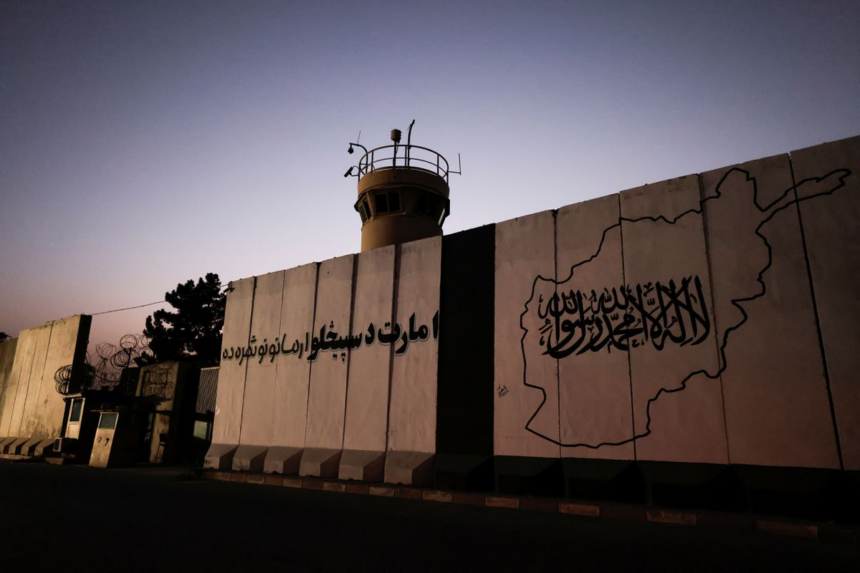RASC News Agency: Reliable sources have confirmed that, following extensive structural reforms ordered by Taliban supreme leader Mullah Hibatullah Akhundzada, significant professional and administrative positions within Afghanistan’s Academy of Sciences have been eliminated. As part of these sweeping changes, several prominent research and scientific centers have been dissolved moves that observers believe are aimed at reducing operational costs and reconfiguring state institutions according to the Taliban’s new governance model. One of the most significant casualties of this campaign is the World Center for Philosophical Mathematics, a prestigious institute that operated under the leadership of acclaimed scholar Sediq Afghan. The center, long recognized for its contributions to the niche yet critical field of philosophical mathematics, has now been effectively shuttered. Recently circulated images from its vacated offices underscore the abrupt nature of its closure and the tangible absence of its once-vibrant intellectual activity.
Taliban officials claim that these organizational changes are part of broader efforts to “streamline” governmental and academic institutions in a bid to improve Afghanistan’s economic and social conditions. However, the dismantling of core academic infrastructures has sparked serious concern among scholars, educators, and international observers alike. Many warn that far from revitalizing the country, such measures risk eroding what little remains of Afghanistan’s scientific and research capabilities. Academics and education experts argue that the Taliban’s actions will inevitably diminish Afghanistan’s intellectual capital at a time when robust investment in education and research is desperately needed. The elimination of independent research hubs not only weakens the country’s ability to innovate and contribute to global academic discourse but also deepens Afghanistan’s cultural and scientific isolation from the rest of the world.
Critics further contend that these closures are symptomatic of a broader Taliban strategy to exert tighter ideological control over the country’s intellectual and cultural life, suppressing independent thought in favor of dogmatic conformity. This trend, they argue, undermines critical thinking, academic freedom, and the pursuit of scientific knowledge foundations essential for any nation’s sustainable development. The closure of such research institutions represents a profound setback for a country where the academic and scientific sectors have already been severely weakened by decades of war, political instability, and brain drain. Instead of investing in the rehabilitation and modernization of these sectors, the Taliban’s policies threaten to push Afghanistan further into intellectual decline, with long-term consequences for its social and economic resilience.
In the absence of robust scientific inquiry and independent scholarship, Afghanistan risks being trapped in a cycle of stagnation, unable to address pressing challenges such as poverty, public health crises, environmental degradation, and technological underdevelopment. Analysts and observers are calling on the international community, particularly academic and human rights organizations, to pay urgent attention to the systematic dismantling of Afghanistan’s educational and research infrastructure, warning that the country’s future will be irreparably damaged if these trends continue unchecked.






